- Agriculture and Food Security
- Democracy, Human Rights and Governance
- Economic Growth and Trade
- Education
- Environment and Global Climate Change
- Frontiers in Development
- Gender Equality and Women's Empowerment
- Global Health
- Science, Technology and Innovation
- Water and Sanitation
- Working in Crises and Conflict
Improving Nutrition for Women and Young Children

For 170 million children, chronic undernutrition leaves them vulnerable to disease and permanently impaired, their families impoverished and their communities less resilient.
Undernutrition robs the developing world of critical human capital and capacity, and undermines other development investments in health, education and economic growth. Undernutrition contributes to 2.6 million child deaths each year—more than any other disease. It also leads to:
- Lower levels of educational attainment.
- Reduced productivity later in life.
- Lower lifetime earnings.
- Slowed economic growth of nations.
Maternal and early childhood undernutrition not only puts a child at risk for early death and increased childhood illnesses, but also long-term chronic diseases such as diabetes, hypertension and cancer.
The United States continues to be a leader in fighting undernutrition. USAID is pleased to be part of the Scale Up Nutrition (SUN) global movement, which encourages increased political commitment and programmatic alignment to accelerate reductions in global hunger and undernutrition, and promotes a focus on the 1,000 day window of opportunity from pregnancy to a child’s second birthday.
Through Feed the Future and the Global Health Initiative (GHI), the United States is supporting country-owned programs to address the root causes of undernutrition and improve the future potential of millions of people. Our nutrition programs are integrated in both initiatives, as we seek to ensure mothers and young children have access to nutritious food and quality health services.
USAID expands evidence-based approaches to nutrition and supports innovative new approaches that will improve outcomes for the most vulnerable populations.
The Agency's strategic approach focuses on:
- Preventing undernutrition through a comprehensive package of maternal, infant, and young child nutrition programs.
- Combating micronutrient deficiencies by targeted supplementation to vulnerable groups and food fortification.
- Managing moderate or severe acute malnutrition through community-based programs.
- Providing nutritional care and support for people living with HIV/AIDS.
- Improving nutritional outcomes in food security programs.
Good nutrition is central to successful development. Nutrition is the defining link between the Global Health and Feed the Future Initiatives.
- By 2015, USAID’s nutrition programs will have reduced undernutrition by 20-30% in 17 priority Feed the Future and GHI countries.



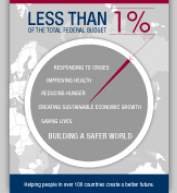
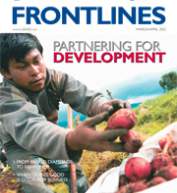
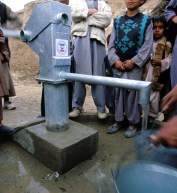
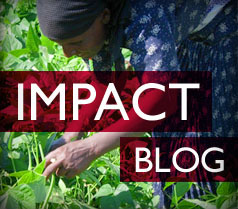
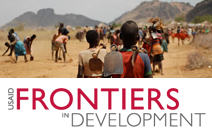
Comment
Make a general inquiry or suggest an improvement.